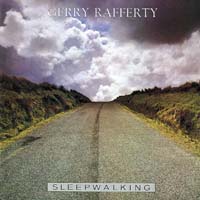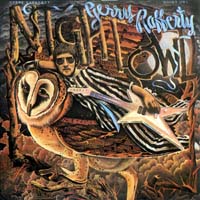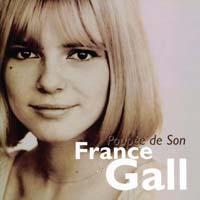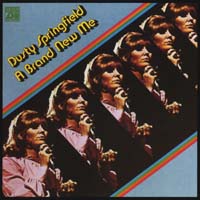Artist: Brian Wilson Album: SMiLE
Year: 2004Duration: 59:10
SMiLE - A Critical Review of Brian Wilson's Masterpiece
Brian Wilson is a name that is known and revered in the music industry. He is an American musician, songwriter, and record producer who is best known as the co-founder of the Beach Boys. He is responsible for creating some of the most influential music of all time, and his album SMiLE is considered to be his masterpiece. Released in 2004, SMiLE is a reworking of his 1967 album that went unfinished and shelved. In this blog post, I will be providing a critical review of the album, giving a brief history of the artist, discussing the music genre of the album, and highlighting the best songs and most innovative parts.
Brian Wilson started his career in music in the early 1960s as the co-founder of the Beach Boys. The group became popular for their unique sound that blended rock n' roll with harmony vocals inspired by their love of doo-wop and R&B. Wilson was the primary songwriter and producer of the group, and his signature style of lush harmonies and layered instrumentation became a hallmark of their sound. Despite the fact that the group was incredibly successful, Wilson's creative interests were moving in a different direction. He wanted to create an album that was more experimental, one that pushed the boundaries of what was considered pop music at the time.
SMiLE was Wilson's attempt to create such an album. The album was supposed to be a concept album that explored different themes such as the cycle of life, the beauty of nature, and the innocence of childhood. However, the album was never completed due to Wilson's declining mental health and the internal conflicts within the group. The album would only be released in 2004, but it garnered critical acclaim for its innovative sound and Wilson's groundbreaking production techniques.
The genre of SMiLE is a fusion of many different styles, including rock, psychedelia, and avant-garde. The album is a mix of experimental soundscapes, intricate vocal arrangements, and complex instrumental sections. The album is known for its use of non-traditional instruments such as toy pianos, harmonicas, and bicycle bells. Wilson's production techniques were ahead of their time and paved the way for later experimental artists such as Frank Zappa and Pink Floyd.
The best songs of SMiLE include Heroes and Villains, Good Vibrations, and Surf's Up. Heroes and Villains is a multi-part masterpiece that features intricate vocal harmonies and a driving beat. Good Vibrations is one of the most recognizable songs of all time and is known for its innovative production techniques and complex arrangement. Surf's Up is a hauntingly beautiful song that features Wilson's signature lush harmonies and poetic lyrics.
The most innovative parts of SMiLE are the production techniques used by Wilson. He used a technique called stacking where he would record different sections of a song and layer them on top of each other to create a complex and layered sound. He also used unusual instrumentation and sound effects to create a unique sonic landscape. The album was a departure from traditional pop music and helped pave the way for later experimental artists.
In terms of criticism, some have argued that the album is too ambitious and that it does not flow as well as it could. Others have argued that the album is too fragmented and lacks a cohesive narrative. Despite these criticisms, SMiLE is still considered to be a masterpiece and a groundbreaking work of art.
In conclusion, SMiLE is a masterpiece of experimental music and a testament to Brian Wilson's creative genius. The album remains influential to this day and continues to inspire artists and musicians. Wilson's production techniques and innovative soundscapes have helped to shape the world of music, and SMiLE remains his most ambitious and personal work of art. SMiLE is a must-listen for anyone who loves music and wants to experience the boundary-pushing creativity of one of the greatest musicians of all time.
Brian Wilson albums
Other #Pop albums:
SIMILAR BANDS
balls, from 1 to 5, describe similarity between the two bands
SOMETHING NEW? LISTEN TO RADIOGENRE
 Dancehall
Dancehall Electronic
Electronic Country
Country Pop rock
Pop rock Suicide girls
Suicide girls Underground music
Underground music Grime
Grime Rockabilly
Rockabilly Alternative rock
Alternative rock Blues
Blues
SUGGESTED PLAYLISTS



























 Discovering talents at the Busker festival
Discovering talents at the Busker festival Criminal Minds Songs
Criminal Minds Songs The very best of ska punk
The very best of ska punk The very best of drum'n'bass
The very best of drum'n'bass The very best of drone doom metal
The very best of drone doom metal The very best of dub
The very best of dub The very best of latin rock
The very best of latin rock The war in notes
The war in notes The decadence of the cemeteries
The decadence of the cemeteries